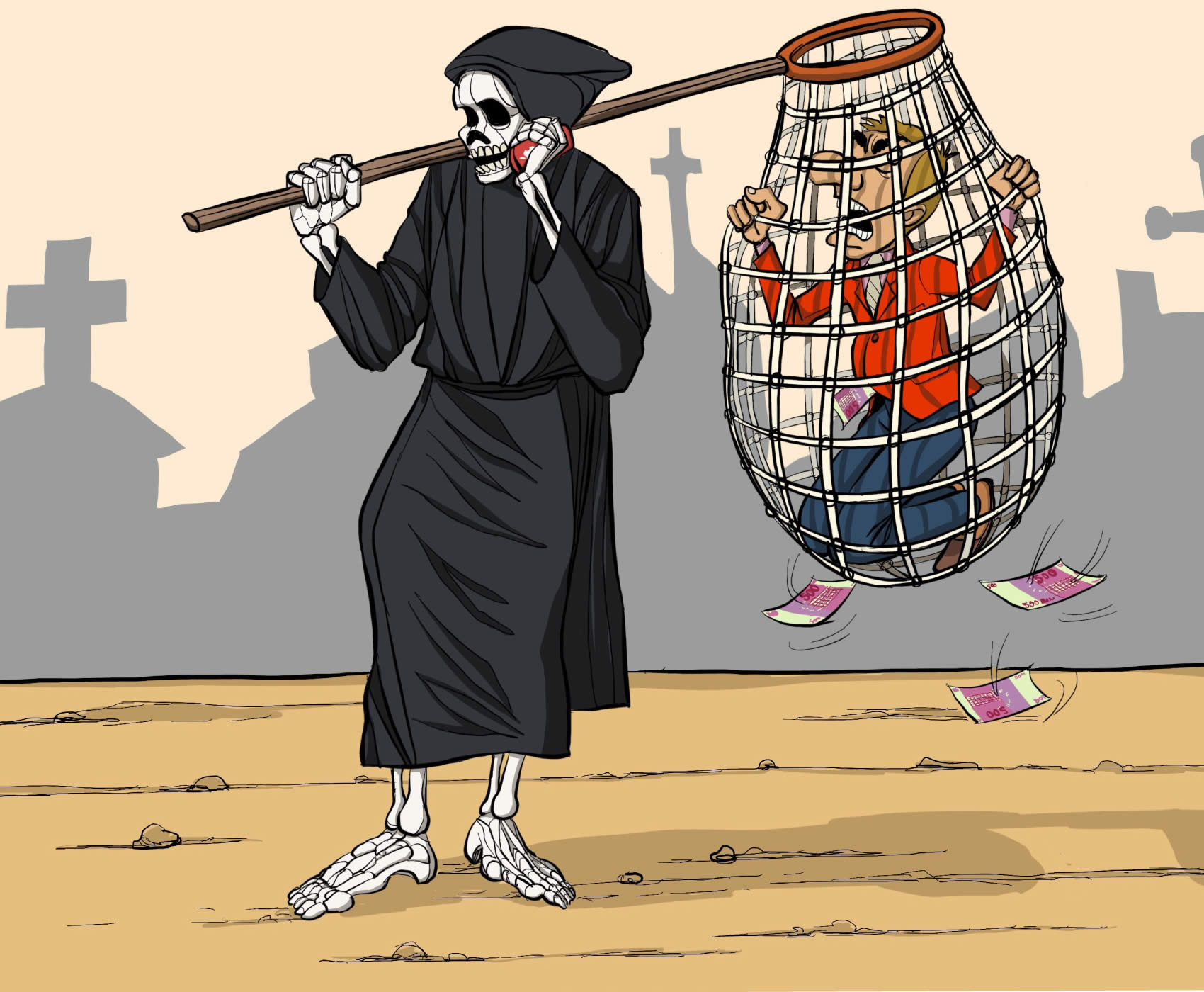
Thought by the playwright Plautus in the 2nd century B.C. at the cultural prime of ancient Rome, as can be appreciated in his play Amphitryon (The Host), in which the gods Jupiter and Mercury take on the roles of mere mortals, representing different social classes and misfortunes. Seen in the form of the Latin tragicomoedia, made up of the word tragoedĭa, from the Greek tragōidía, referring to goats, and ōidē, for ode, in the sense of offering the animal of that species as a tribute to the image of Dionysus, to the rhythm of an ode; and comoedĭa, relating to the Greek kōmōidía, in this case coming from kōmos, referring to parade, and aoidos, in allusion to a singer or artist who performs, linked to the word aeidein, for to sing.
It is a narrative piece that, regardless of the medium, exposes a convergence of elements typical of drama and humor in an intelligent and perceptive way. Donald Trump’s recommendations, suggesting that in the midst of the COVID-19 pandemic, people should inject with disinfectant and be exposed to ultraviolet light, is an excellent, and regrettable, example of tragicomedy.